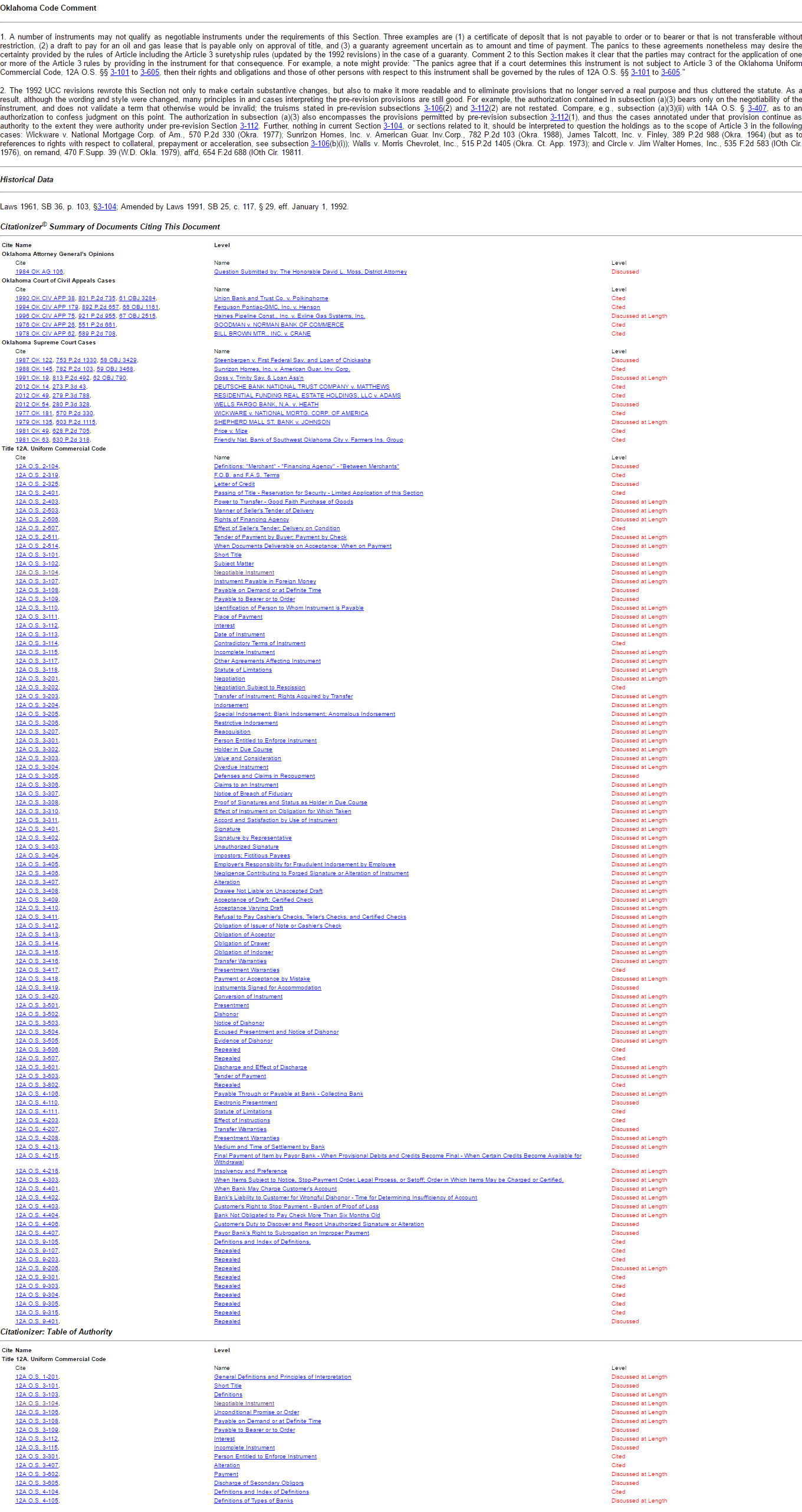Rules for Legislators: Put Your Laws Online and Annotate Them
State and federal law governs all of us. But sometimes, figuring out what the law says isn't easy. That's why people pay lawyers lots of money to do it for them. Lawyers, in turn, spend lots of money on research materials that organize the sources of law--statutes, court decisions, regulations, and so on--and help explain them. But the law governs us whether we know what it says or not. Accordingly, governments should make it easy to access the law, in whatever form it takes. Unfortunately, some states seem to have the exact opposite idea.
Compare and contrast:


You probably can't read all of that information included with the Oklahoma statute, but luckily, I can link you to it. The same can't be said for the Georgia statute. I can link you to the website where you can find it, but you'll have to navigate to it on your own.
Notice how much more information Oklahoma's online statutes provide than Georgia's. You can see the legislative history of the law, as you can with Georgia's, but you can also see the official Uniform Commercial Code comments and links to citing attorney general opinions, court cases, and statutory cross-references. These resources are important in understanding the law, but Georgia omits them entirely. (Oklahoma is no less generous when it comes to its case law, providing links not only to the prior cases cited by a case, but to any subsequent cases (and Oklahoma Law Review articles!) that cite the case being viewed.)
Georgia does, in fact, have an annotated version of its statutes. That version, which is the official version of Georgia laws, is the Official Code of Georgia Annotated, and you can buy a copy for $385.94. Just don't copy the annotations and post them online for people to access freely, or the state will sue you. This isn't how states should handle their laws or treat the people subject to them.